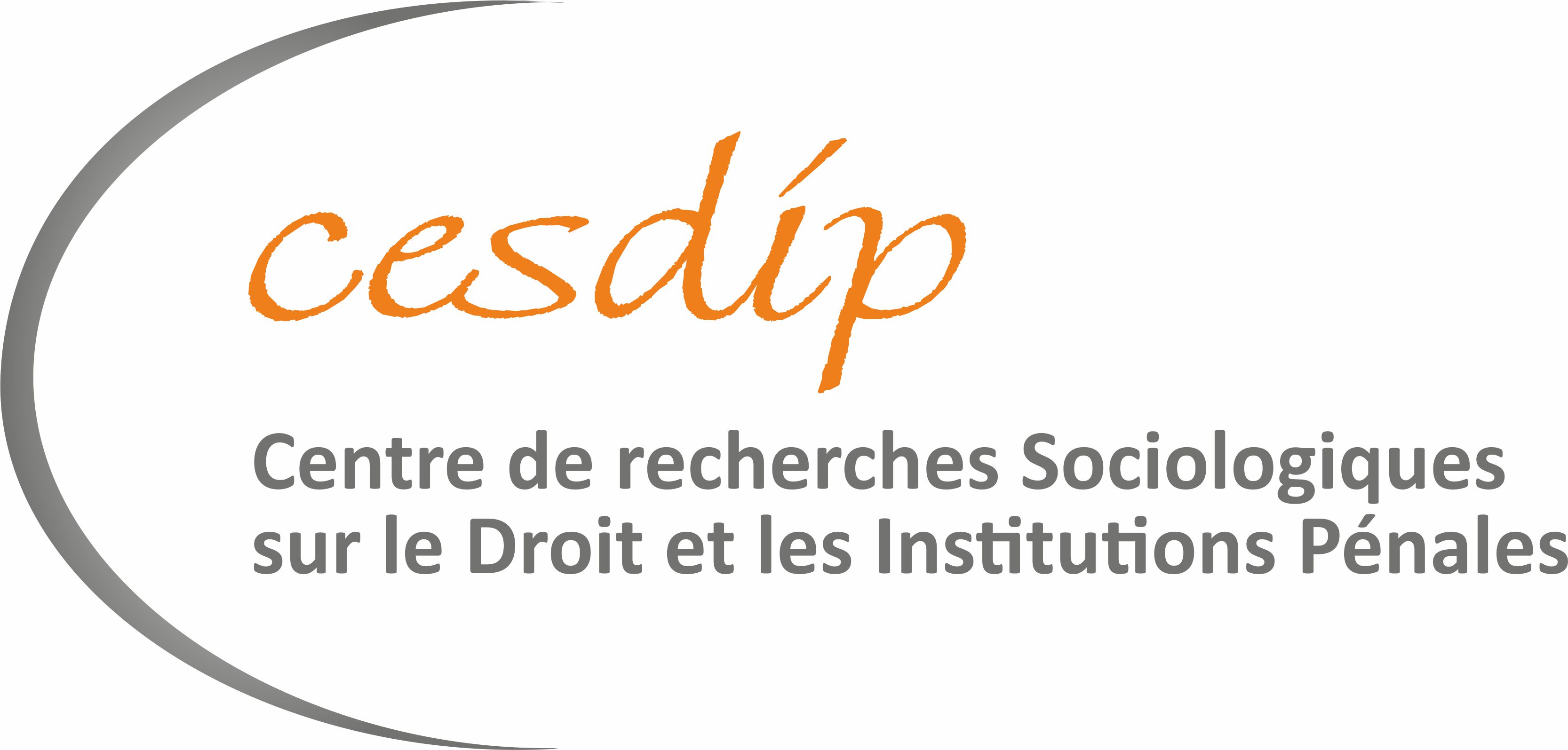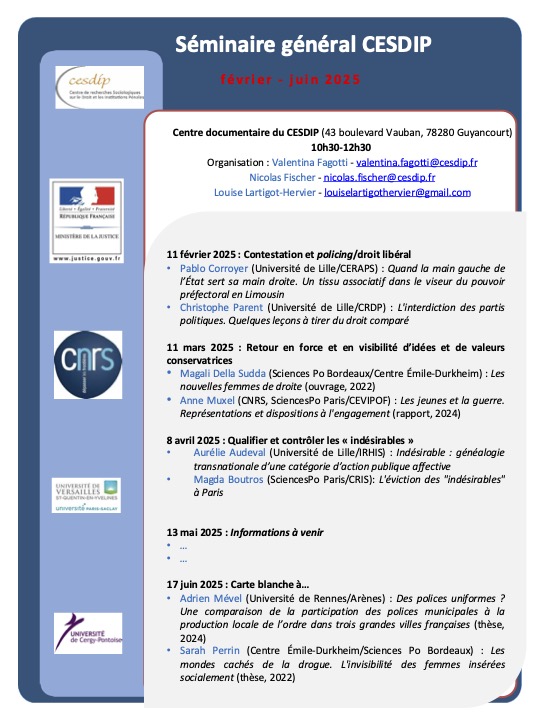By Christian Mouhanna, Jack R. Greene, Sema A. Taheri and David Squier Jones in The Politics of Policing: Between Force and Legitimacy.

Policing throughout the world has undergone considerable criticism for a lack of transparency and accountability, often in the wake of police actions that involve use of force or other aggressive police interventions, and often in marginalized communities. In many countries the institutional legitimacy of the police has been called into question and public discourse regarding the police has shifted from a passive acquiesce of police action to a public voice demanding police civility and adherence to the rule of law. Many police agencies across the world have been grappling with how to improve transparency and accountability, as well as public acceptance of the police, most especially in minority and immigrant communities, which are the places where aggressive police tactics are often most visible.
Working with data on what the police in Boston, USA and Bordeaux, France actually do, categorized by a three-part medical intervention model (Greene, 2010) provides insight into what the police do to support or sustain communities, what Schuilenburg and van Steden (2014: 19-30)) have called positive criminology, that is understanding criminology and the actions of the justice system not as a singular matter of risk reduction, but rather as mechanisms for improving social care, belonging and community sense of security. Shifting the discussion from risk to harm (Ratcliffe, 2014) affords the opportunity to see police work on a continuum ranging from prevention to critical response to restoration. While issues of police legitimacy have been predominantly framed as fair treatment at the point of arrest or detention, much of what the police do to actually support communities is not much accounted for in the present discourse. Analysis of police data from Boston and Bordeaux compares what the police do in these very different countries and cultures, broadening the conception and measurement of police efforts that support or detract from legitimacy.




